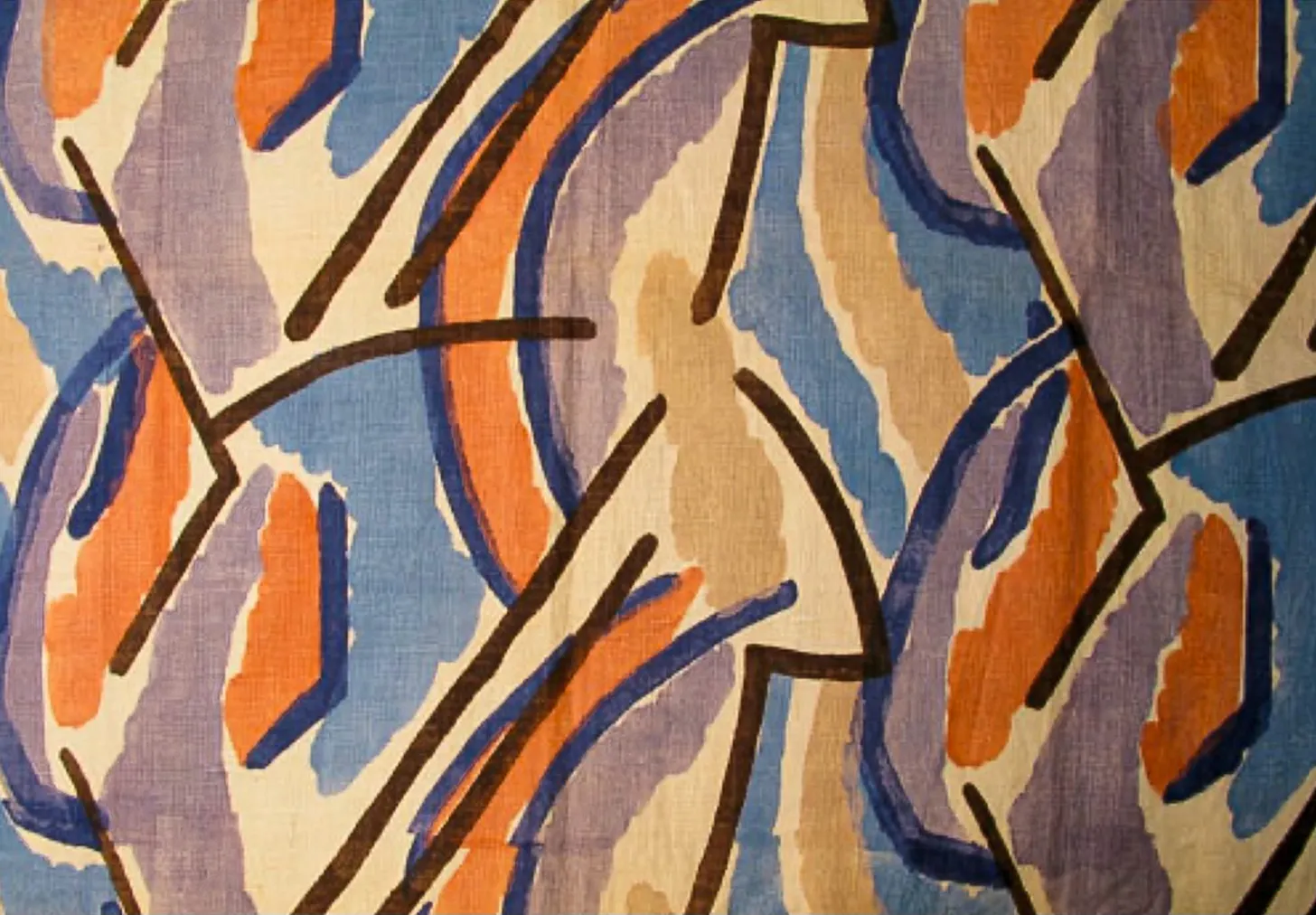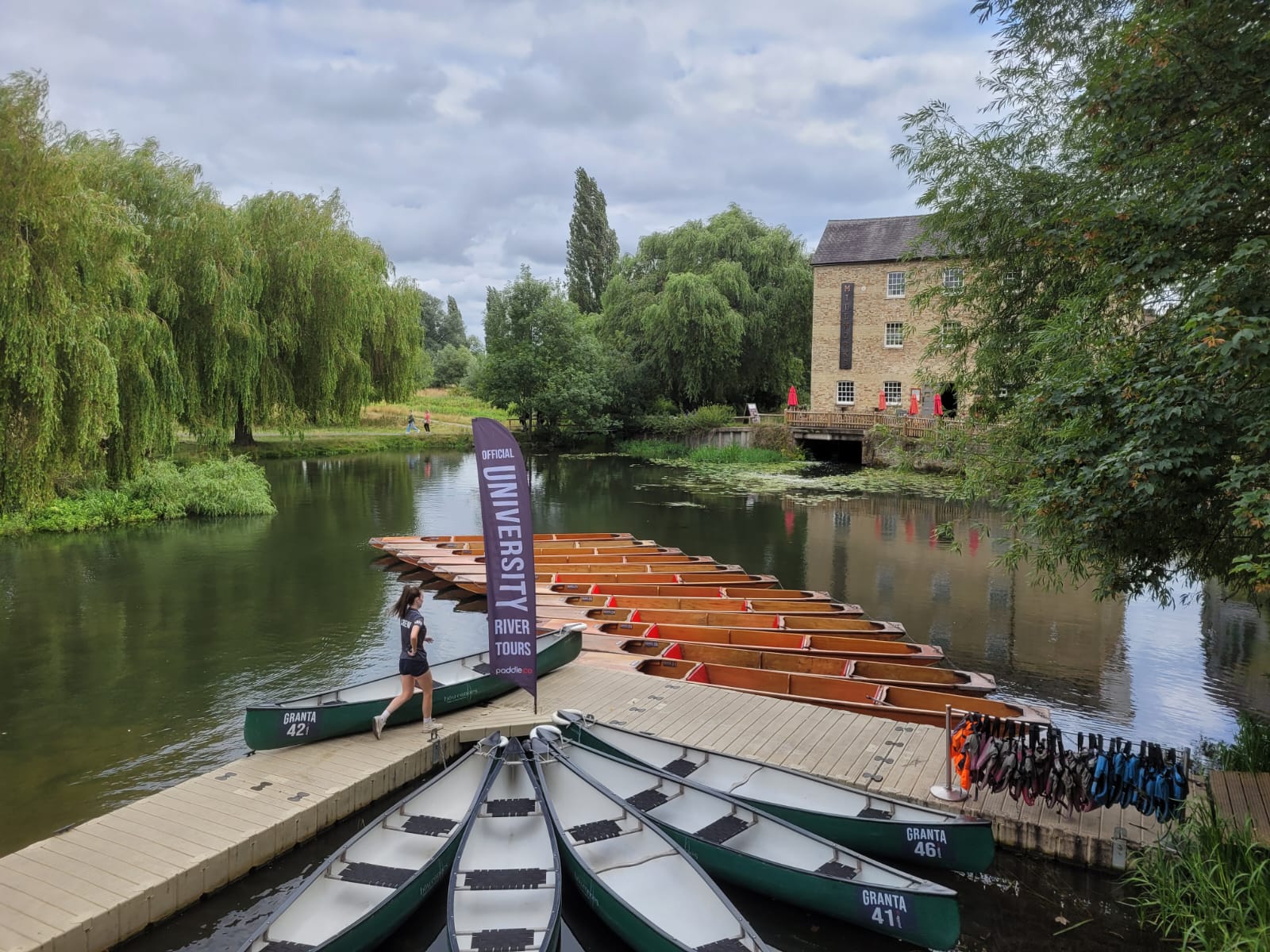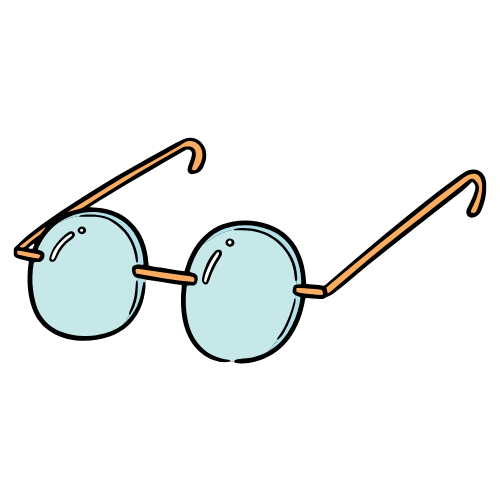In the previous post I had summarized how I had spent the first 3 days of the Virginia Woolf summer school in Cambridge. Now, at the end of day 5, I’m already looking back nostalgically. But, as we say in Germany, after the VW summer school is before the VW summer school (my favourite German saying, seriously). Can’t wait for 2024 already, especially when thinking I will be met not by strangers, but by familiar faces, people whom the love of Virginia Woolf has brought together.
Day 4 was entirely dedicated to A Room of One’s Own. Karina Jakubowicz filled the room with the force of her lecture on the mysterious “J-H-” in Woolf’s essay – Jane Harrison, suffragist and an immense influence of Woolf’s ideas of feminism. The discussions in the seminar took a slightly different direction when Alison suggested that Woolf’s essay is a textualization of intersensorial perception (let’s leave it at that, I have a ton of research to do here). By midday, my head was rather dizzy after dipping in this ocean of endless Woolfian ideas, but the day was far from over.
I had lunch with a friend who flew in from Romania with the special purpose to meet me and another friend who lives in Cambridge. The 3 of us know each other from our school days and always try to find opportunities to meet up. In the afternoon, I met the other summer school participants at Newnham college, the second college after Girton, where Woolf gave the talk which would later turn into A Room of One’s Own. The day ended in the gardens of St. John’s college, where I watched a lively and extremely well-performed representation of Shakespeare’s Much Ado about Nothing. Beatrice’s independence and spiritdness felt like a nice wrap-up to a rich and full summer day.
And now, day 5. I woke up with a heavy heart. It was only the morning which would be filled with Woolf talks, no afternoon event. The text of the day was Between the Acts, for many a difficult book to get into. As last year, Claire Davison’s lecture was filled with an infectious passion for Woolf, and offered good reason for a re-reading of the novel. Her focus this time was Woolf’s relationship with Ethel Smythe and how she influenced Woolf’s novels of the ’30s. In the afternoon, my friends and I took advantage of the free afternoon and went to visit Pembroke college.
The study week ended full-circle, with dinner at Clare Hall. But the atmosphere was entirely different. The room was loud, filled with roars of laughter, academic and literary discussions, expressions of gratitude and simple thank-yous, but also exchanges of phone numbers and photos. Chats were overlapping and interfering with eachother, one could barely hear oneself think, and food laid forgotten in the plate, wine forgotten in the glass. But little matter. That little fire of delight was mirrored in the eyes of everyone. Both students and professors, I believe, have added this week something very precious to their personal treasury.












your thoughts?